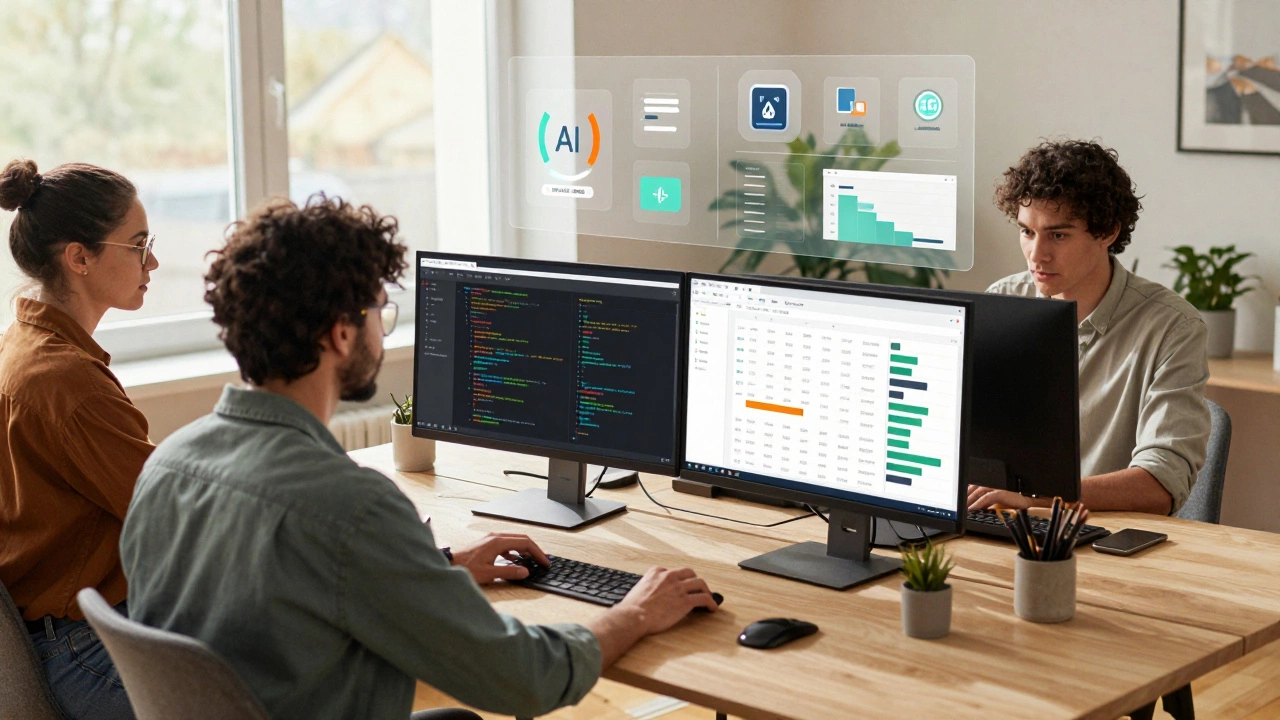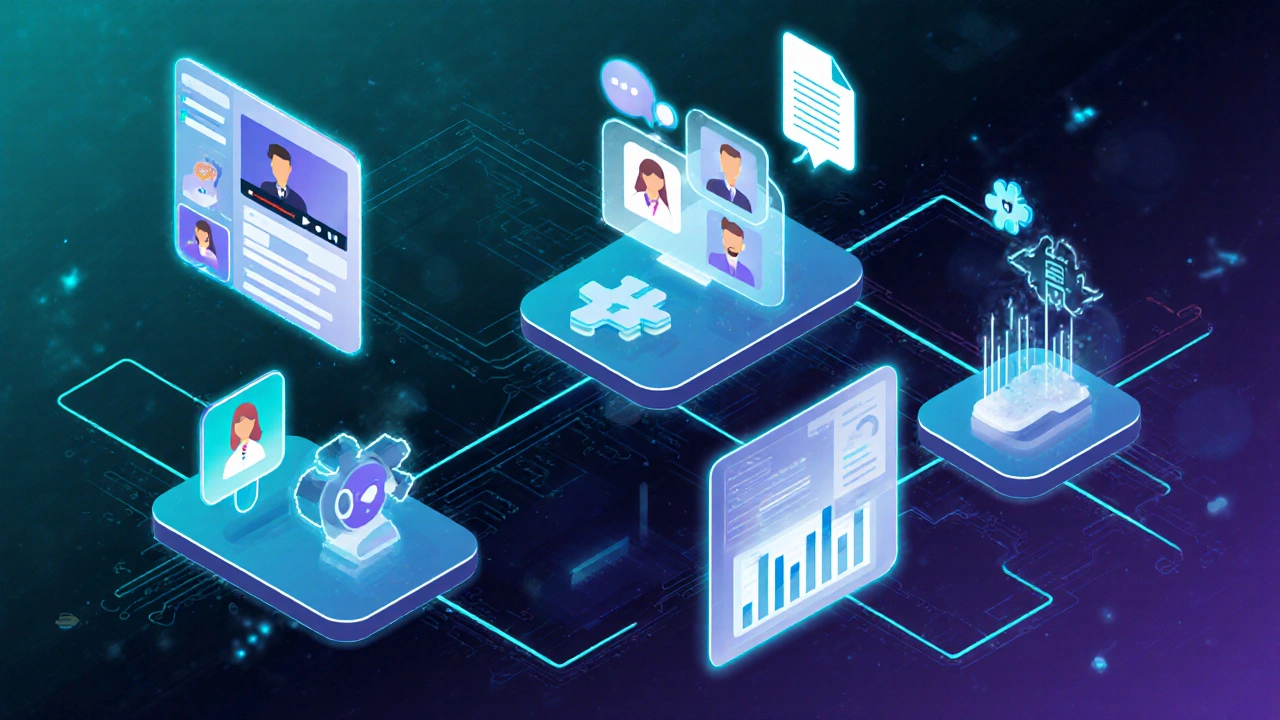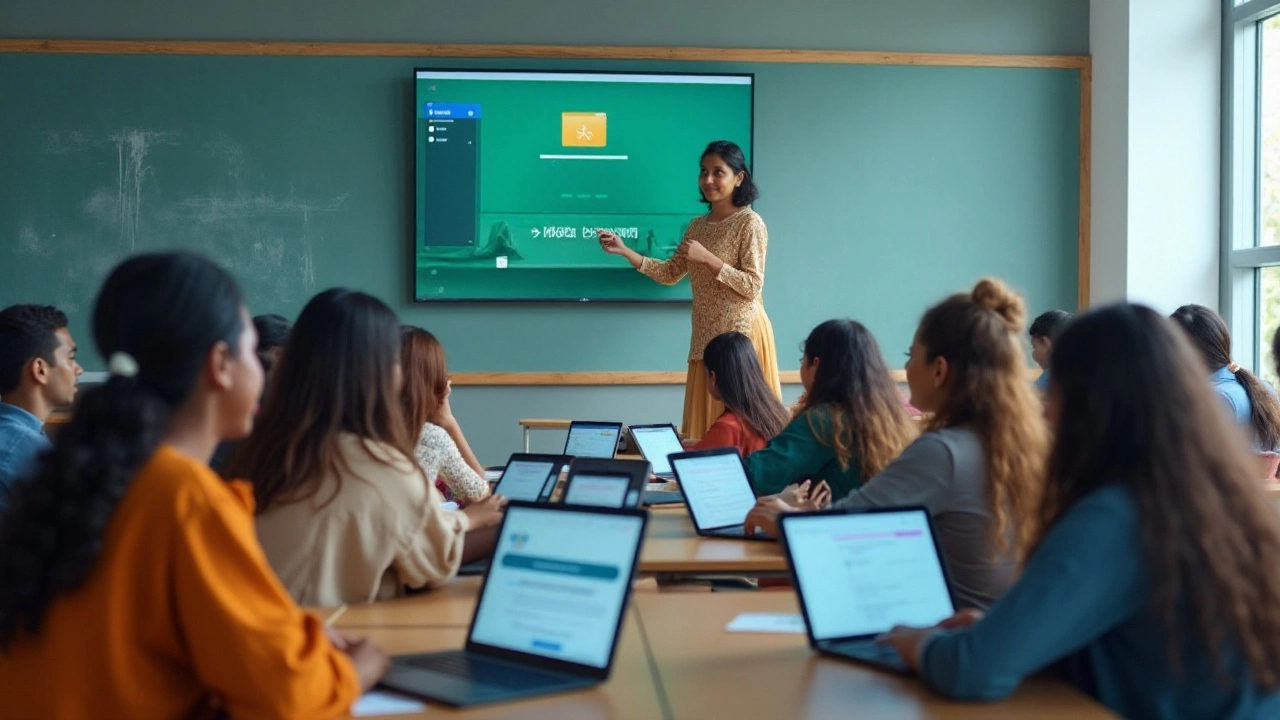Online Education: What It Really Means and How It Works in India
When you hear online education, a way of learning through digital tools instead of in-person classrooms. Also known as digital learning, it’s no longer just for college students—it’s how millions in India are preparing for JEE, NEET, government exams, or even learning to code after work. It’s not just watching videos or clicking through quizzes. Real online education means structured lessons, live interaction, feedback loops, and tools that track progress—like Google Classroom, a free platform used by schools across India to assign work, share files, and hold video classes. And it’s not just about tech. It’s about access: a student in a small town can now learn from the same teachers and materials as someone in Delhi or Bangalore.
What makes online education work isn’t the app—it’s the system behind it. eLearning platforms, digital spaces designed specifically for teaching and learning like Duolingo for language, or specialized coaching sites for NEET and JEE, have to be simple, reliable, and focused. You don’t need fancy animations. You need clear lessons, practice tests that actually reflect the exam, and ways to get help when you’re stuck. That’s why so many Indian students switch between platforms: they’re hunting for the one that fits their rhythm. Some use YouTube for free explanations, others pay for structured courses with doubt-clearing sessions. And now, even schools that once relied on chalkboards are using virtual classroom, live online sessions where teachers and students interact in real time to keep learning going during disruptions.
But here’s the truth: online education doesn’t automatically mean better learning. It just means more options. A student with weak internet or no quiet space at home still struggles. A course with 500 videos but no feedback? That’s not education—it’s noise. The best online learning combines structure with support. It’s the teacher who checks in. The peer group that keeps you accountable. The platform that remembers where you left off. That’s what you’ll find in the posts below—real stories from students who used online tools to crack exams, switch careers, or finally speak English with confidence. No fluff. Just what works, what doesn’t, and what to watch out for in 2025.





